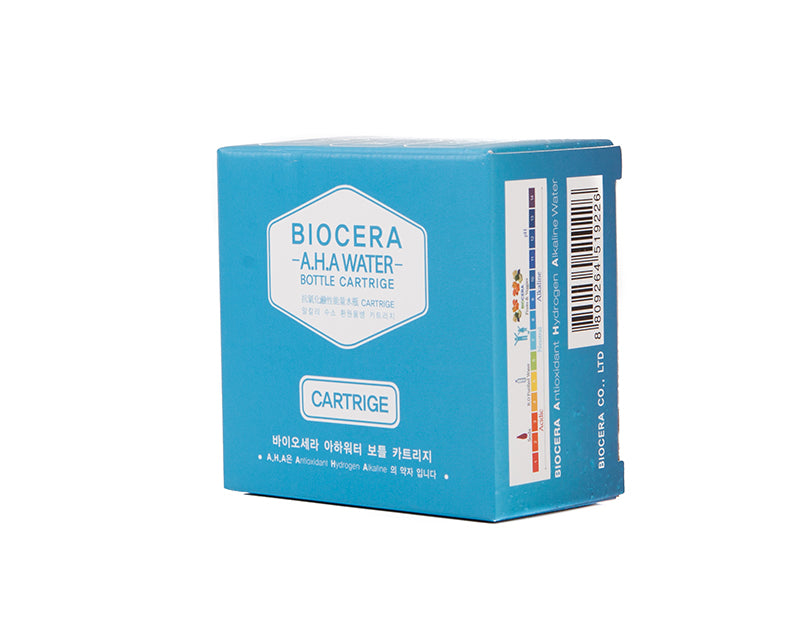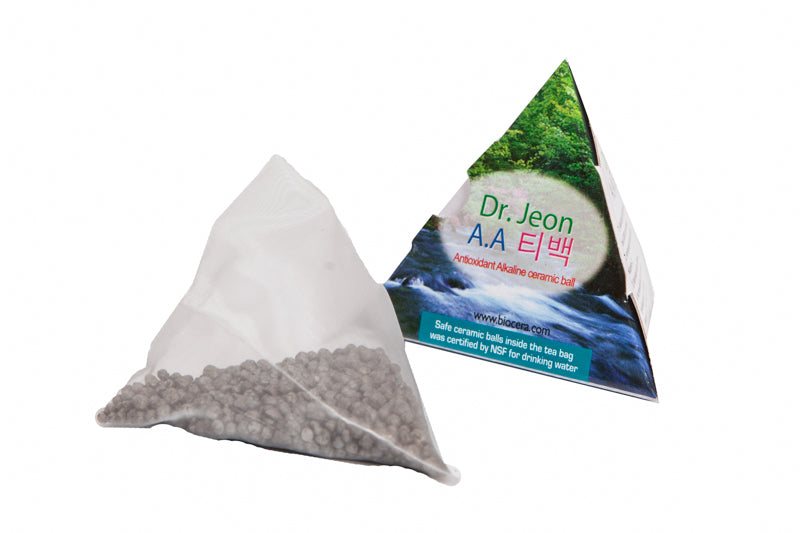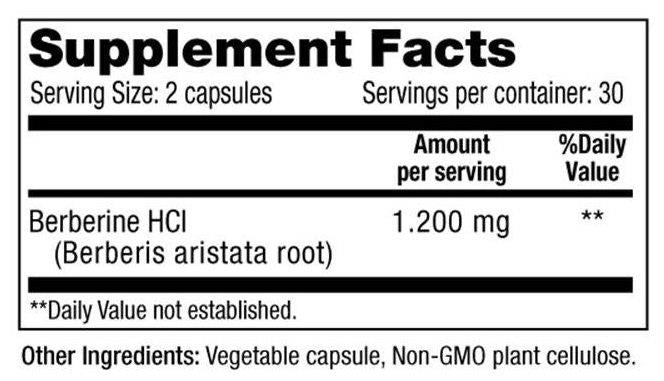You’d be forgiven for assuming that coconut oil would be detrimental to the health of your heart: It’s technically a saturated fat, and the general consensus is that all saturated fats encourage the development of harmful (LDL) cholesterol deposits, which are so often linked to heart disease and other chronic cardiovascular problems.
One such study, published in Bruce Fife’s seminal Coconut Cures showed that a group of Polynesian islanders that regularly consumed over 100g of coconut oil were seemingly immune to instances of heart disease, while urban residents of a similar island that consumed a more stereotypical western diet rich in margarine and animal fat were 2.8% more likely to develop some form of cardiovascular complaint.
Fife’s book also presents anecdotal evidence that shows coconut oil having a positive effect on LDL cholesterol levels, and actively working to reduce cardiovascular problems. One particular case study suggests that a woman taking one tablespoon of coconut oil a day managed to reduce her LDL cholesterol by 9 mg/dl and diminish her risk of developing heart disease by a factor of three.
How is Coconut Oil Thought to Reduce the Risks of Heart Disease?
In part, coconut oil’s impact on cardiovascular health can be attributed to the fact that it’s mainly comprised of medium chain triglycerides. These readily-digestible fat compounds are short enough to bypass normal fat absorption routes and head straight for your liver, where they are metabolized into bio-available energy in a matter of hours. Because medium chain triglycerides do not need to be stored in insoluble lipoproteins while awaiting digestion.
Since lipoproteins are one of the principle building blocks of an LDL cholesterol deposit, preventing their formation significantly reduces the risk of a clot forming, and allows coconut oil to significantly decrease your chances of developing a cardiovascular complaint.
In addition to repressing the production of LDL cholesterol, the medium chain triglycerides in coconut oil are also thought to reduce the risks of heart disease by contributing to the production of HDL, or healthy cholesterol in the bloodstream. According to the American Heart Foundation, HDL cholesterol is essentially the opposite of LDL cholesterol in that it carries damaging lipoproteins away from the arteries, and towards the liver for processing. Some experts also believe that HDL cholesterol can help to remove excess plaque from arterial deposits as it passes as well, meaning that it might actually help to widen your veins, and significantly reduce the chances of a dangerous clot forming.
How Much Coconut Oil Do I Need To Reduce the Risks of Heart Disease?
According to Bruce Fife, just one tablespoon of coconut oil a day will help to boost your production of HDL cholesterol, and reduce the chances of blood clots forming. Fortunately, coconut oil doesn’t need to be taken neat: This highly versatile oil has a number of applications, and thanks to its incredibly high smoking point, you can even use it for frying. If you’re interested in supplementing your diet with coconut oil, you might try adding it to sauces, spreading it on toast in place of margarine, or using it to fry chicken.
Just try to make sure that you pick an organic coconut oil that’s both cold-pressed and unrefined. Using high quality, uncontaminated oils is the only way to ensure that you’re providing your body with everything that it needs to maintain good health healthy, without increasing the stress on your delicate internal systems.
We’re always happy to provide advice, so if you’ve any questions about the uses of coconut oil, or you’d like to learn more about the beneficial impact of medium chain triglycerides, feel free to call us on 01764 662111. If you interested in discovering more about coconut oil and heart disease, you might also want to think about ordering a copy of Coconut Miracles from Amazon.



























Leave a comment